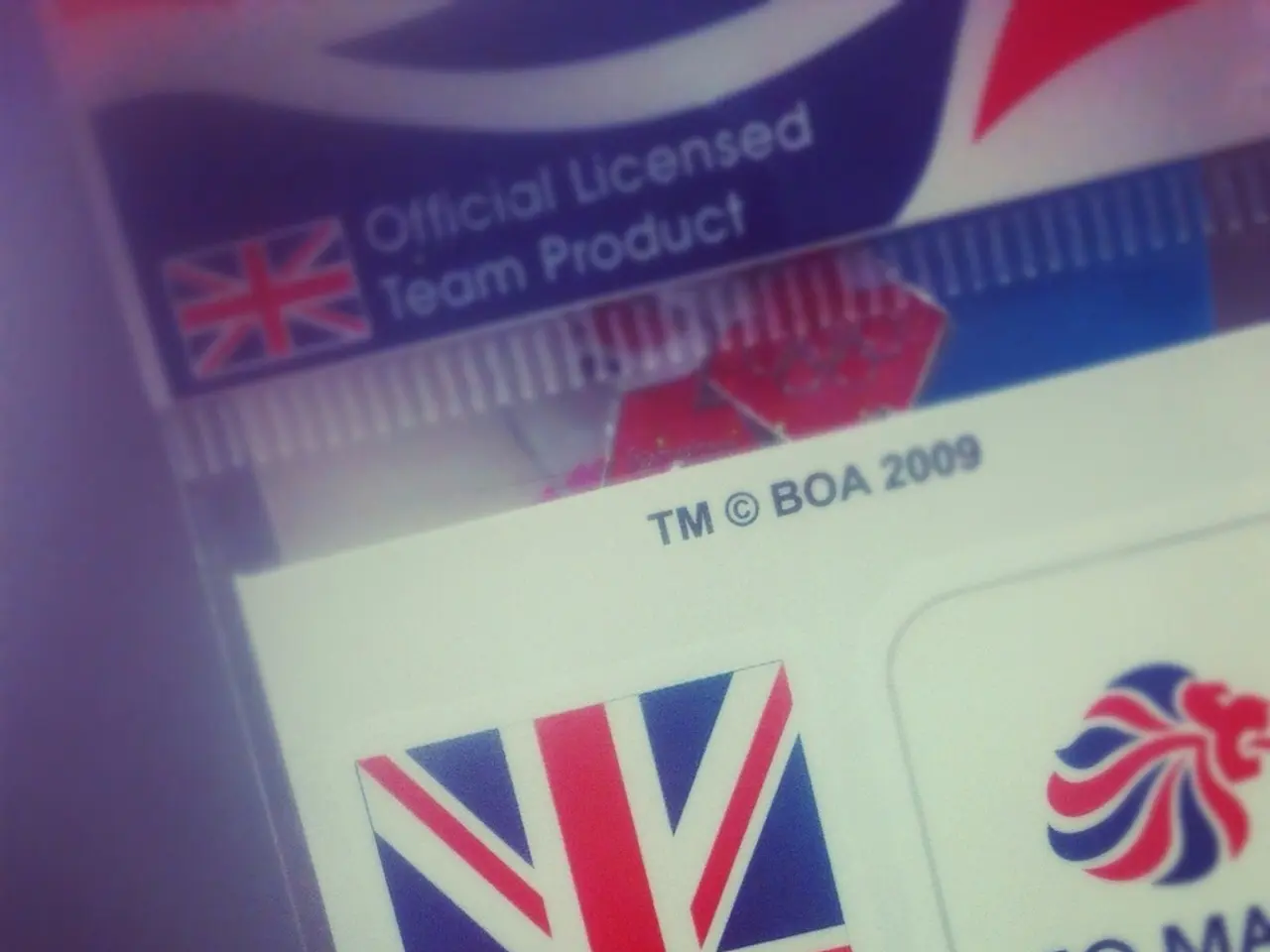Ireland's online safety regulations may persist, yet more legal hurdles loom due to concerns over regulatory excess.
The High Court in Ireland has handed down a significant ruling against tech company X (formerly Twitter), dismissing the company's challenge to Coimisiún na Meán’s Online Safety Code. The decision confirms that the rules align with EU law, including the Audiovisual Media Services Directive (AVMSD) and the Digital Services Act (DSA).
The ruling means that tech company X must comply with the online safety rules, which require platforms to protect users, particularly children, from harmful content and implement effective age assurance measures, including for access to pornography. This decision reinforces the authority of Irish and EU regulators to enforce stricter content moderation and user protection policies on tech platforms operating in Ireland.
The judgment does not negate free speech protections but upholds the legality of imposing measures aimed at preventing exposure to harmful content, especially for minors. This aligns with a broader regulatory trend in Europe favouring increased content moderation to protect vulnerable groups over unrestricted platform speech.
In Europe, this ruling strengthens the regulators' authority to impose online safety rules. Given Ireland’s role as the European base for many major tech firms, this decision is significant. The decision confirms that national online safety codes can work complementarily with EU-wide legislation like the AVMSD and DSA, setting a strong precedent for regulatory rigor across Europe.
Across the Atlantic, while this Irish High Court decision does not directly dictate U.S. law, it signals increasing international regulatory pressures on tech companies. This trend could influence debates over online safety and free expression policies in the U.S. The global regulatory environment is trending toward stronger content moderation requirements and user protections, which U.S. policymakers and companies may need to consider. However, the U.S. legal framework regarding free speech on online platforms differs from Europe’s, often prioritizing broader speech protections under the First Amendment.
In summary, the High Court decision in Ireland reinforces a growing global regulatory alignment favoring more stringent online safety measures while navigating free speech concerns, with Europe currently leading in enforcement. The ruling underscores the importance of online safety regulations for protecting children from digital dangers, and it sets a strong precedent for the enforcement of similar regulations across Europe.
| Aspect | Impact/Status | |-------------------------------|----------------------------------------------------------------| | High Court decision | Dismissed X's challenge; upheld Ireland’s Online Safety Code | | Legal basis | Consistent with EU AVMSD and DSA | | Obligations for X | Must implement age verification and content moderation rules | | Effect on free speech | Supports content restrictions to protect vulnerable users; balanced against free speech | | Implications in Europe | Strengthens EU regulators' authority to impose online safety rules | | Implications in Washington| Signals trend toward increased regulation globally; U.S. approach differs, but may be influenced |
Experts predict that there will be more litigation regarding online regulation in the future, including potential legal challenges from tech companies. The Coimisiún na Meána, responsible for regulating the online safety code, will continue to play a crucial role in shoring up online safety measures in Ireland and across Europe. Some politicians in Washington argue that the regulation of the tech industry could infringe upon the free speech of Americans, but the growing international trend towards stricter online safety regulations suggests that this debate may continue to evolve.
Technology companies, such as X, must adhere to stricter content moderation and user protection policies, particularly concerning age assurance measures and harmful content, as a result of the High Court ruling in Ireland. This decision aligns with the broader trend in Europe favoring increased online safety regulations to protect vulnerable groups, which could influence similar debates in the United States.




